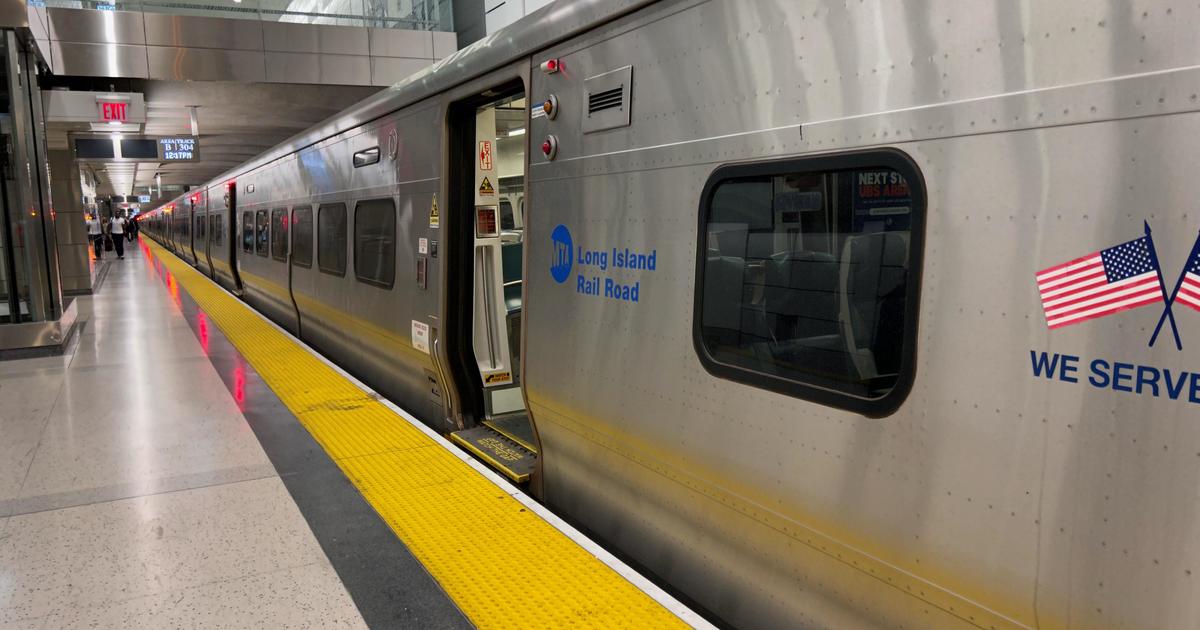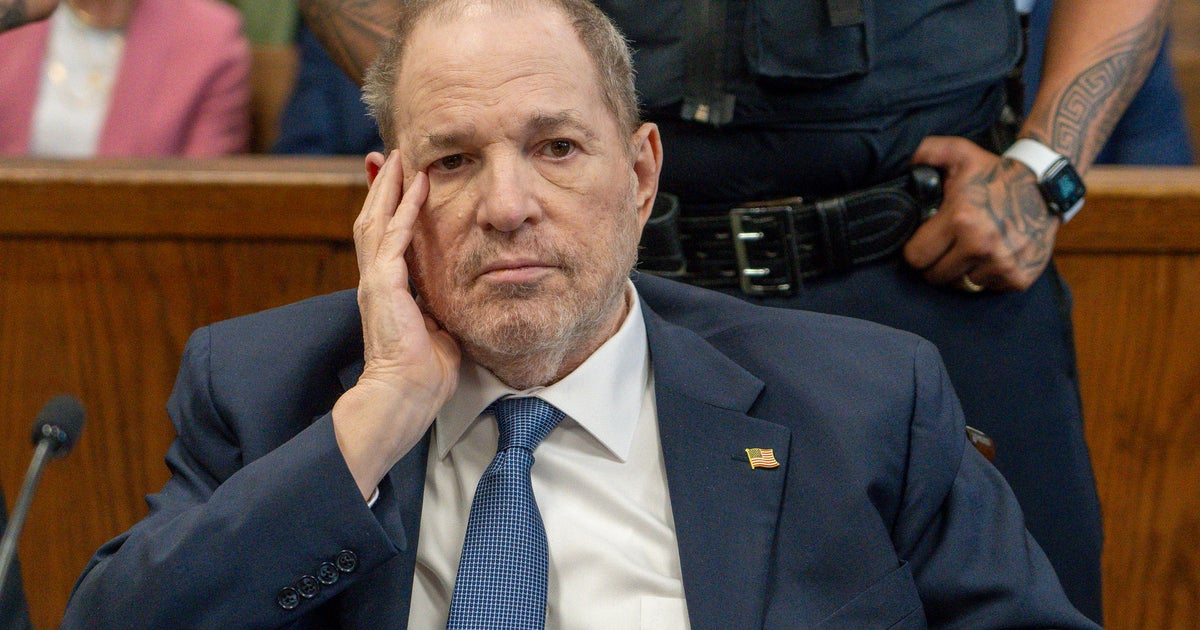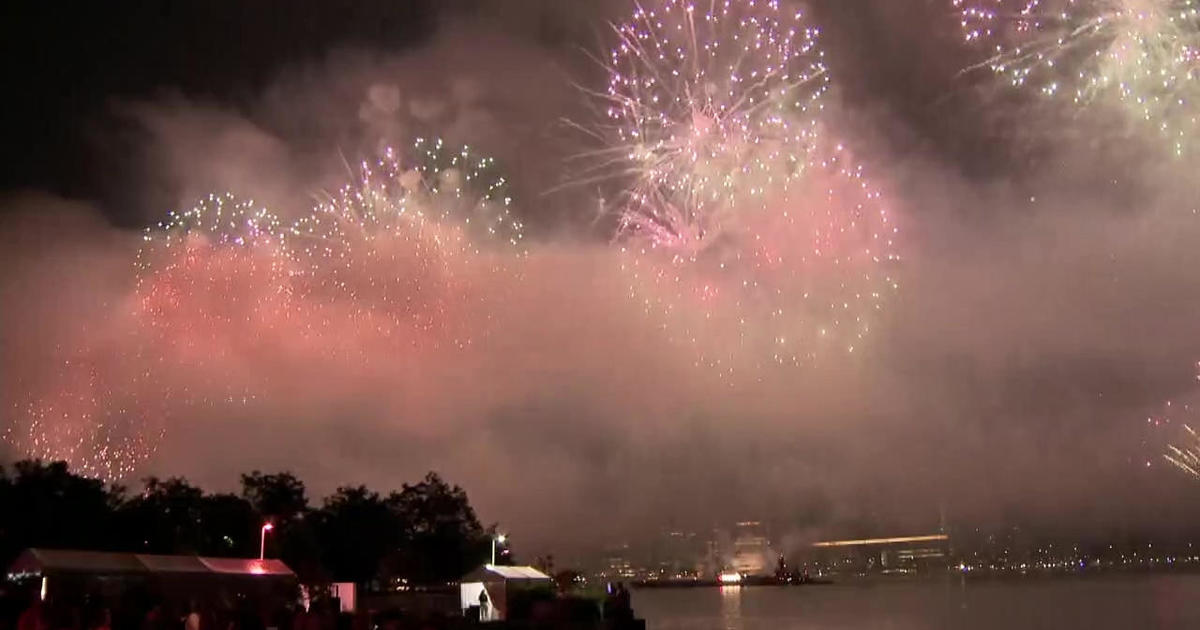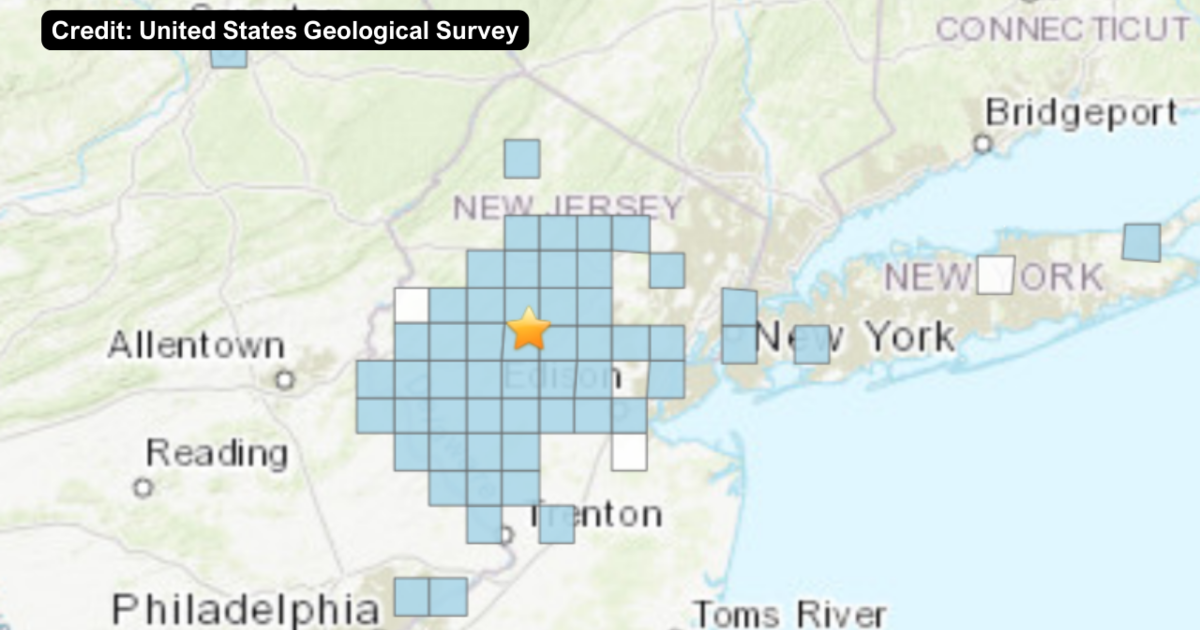Railroad Official: Metro-North Far Behind On Maintenance
BRIDGEPORT, Conn. (CBSNewYork/AP) - Maintenance on Metro-North Railroad is years behind schedule, according to a railroad official who testified on Wednesday.
Chief Engineer Robert Puciloski, who appeared at the National Transportation Safety Board hearing in Washington, D.C., said the railroad is "behind in several areas,'' including a five-year schedule of cyclical maintenance that had not been conducted in the area of the Bridgeport derailment since 2005.
"I cannot give you an answer as to how we got so far behind,'' said Puciloski, adding that Metro-North is working to get its maintenance work back on schedule.
Railroad Official: Metro-North Far Behind On Maintenance
Chris Silvera with the Teamsters Local 808, which represents Metro-North track workers, last month told WCBS 880 that he felt the MTA did not have a plan to replace retiring workers.
"You had to find a way to blend the old with the new, so we would bring them in to understanding what was required on the railroad," Silvera said. "The system fell down, it became a victim of its own success and that like a good team that aged out together, they now have to rebuild."
Silvera added that the system was under stress.
"They sacrificed running trains, increasing train service and they sacrificed maintenance. So maintenance fell down," he said.
Wednesday marked the start of a two-day hearing that includes testimony on several issues, including track inspections and maintenance, passenger car safety standards, crashworthiness, policy and practice of worker protection and organizational safety culture. The NTSB has said the determination of a probable cause for each accident will be released when the investigations are complete.
On May 17 in Bridgeport, an eastbound train derailed and was struck by a westbound train, injuring 73 passengers, two engineers and a conductor. Eleven days later, on May 28, a track foreman, Robert Luden, was struck and killed by a train in West Haven. Luden had requested that the section of the track where he was working on be taken out of service.
NTSB Chairman Deborah Hersman said following Luden's death the board issued an urgent recommendation to Metro-North that it use "redundant protection,'' such as a procedure known as "shunting,'' in which crews attach a device to the rail in a work zone. It alerts the dispatcher to inform approaching trains to stop. In June, Metro-North said it would start a pilot program using shunting devices.
Hersman offered Luden's family condolences from the NTSB.
"We know that nothing can replace your loved one,'' she said. "And our thoughts are with those who suffered injuries in the Bridgeport accident. Our goal is that throughout our investigation and our findings and recommendations we can prevent similar tragedies.''
Sen. Chris Murphy said the good news is that Metro-North has not waited for the conclusion of the investigation to make important changes.
"They have both increased inspection staffing as well as the frequency of inspections up and down the line since this crash," Murphy told WCBS 880 Connecticut Bureau Chief Fran Schneidau. "We need to have air-tight safety protocols in place to protect workers who are going to be doing work just yards away from passing trains over the next 10 years."
Railroad Official: Metro-North Far Behind On Maintenance
Sen. Richard Blumenthal said the NTSB report is overdue but should be issued shortly.
A major focus of the morning session of Wednesday's hearing was on a cracked joint, located near where the derailment took place. Puciloski said after a replacement joint was installed, a welding crew ground it down to a flat surface, believing they were complying with federal standards. But there was mismatch in the joint, he said.
Puciloski said the crews believed they had performed the task adequately, adhering to federal standards, but he said "there is no guidance indicating what the standard should be for a joint of that nature.''
Hersman pointed to a photo of a wrecked coach and questioned one expert's remark that it had collapsed gracefully on impact.
Puciloski also said that the railroad is losing "a lot of experience in Metro-North and the people who know how to weld to this level are retiring.''
He said Metro-North is starting to develop a training program to boost its ranks of qualified welders. Also, Metro-North is reviewing its entire track inspection program since the two incidents, including how it inspects track and how often inspections should take place.
The hearing was to focus on the fatal West Haven accident on Thursday.
You May Also Be Interested In These Stories
(TM and © Copyright 2013 CBS Radio Inc. and its relevant subsidiaries. CBS RADIO and EYE Logo TM and Copyright 2013 CBS Broadcasting Inc. Used under license. All Rights Reserved. This material may not be published, broadcast, rewritten, or redistributed. The Associated Press contributed to this report.)



